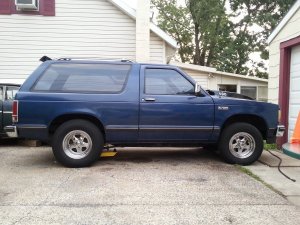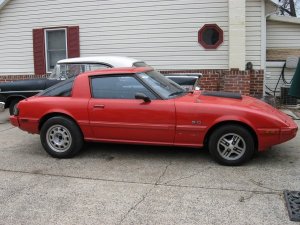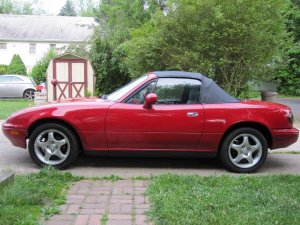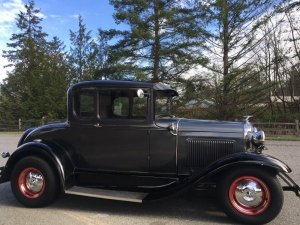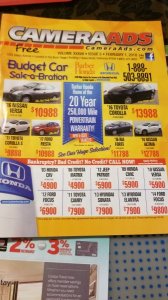MotorcycleKopp
Elio Aficionado
Check ebay, I bought several cars there and have been happy. The ability to see other buyers comments forces the dealers to try to keep the customers happy.
eBay?? Wow really. Do you buy from local sellers only on eBay or just from anywhere??

